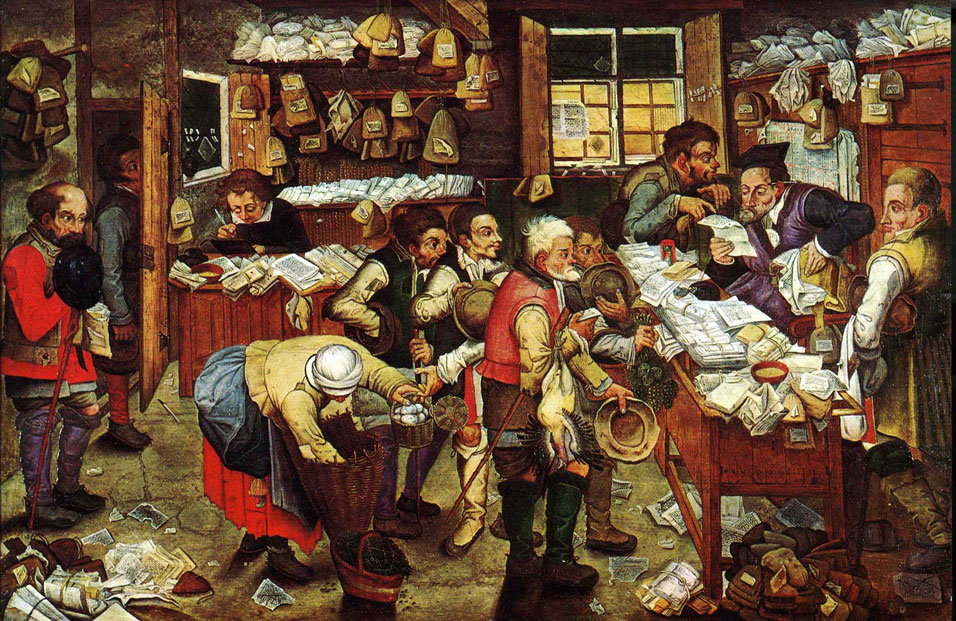Hi Community!
You're very welcome to watch a new video on InterSystems Developers YouTube, recorded by @Benjamin De Boe, InterSystems Product Manager:
Natural Language Processing with InterSystems IRIS
https://www.youtube.com/embed/2pQur_PJn_w
[This is an embedded link, but you cannot view embedded content directly on the site because you have declined the cookies necessary to access it. To view embedded content, you would need to accept all cookies in your Cookies Settings]



